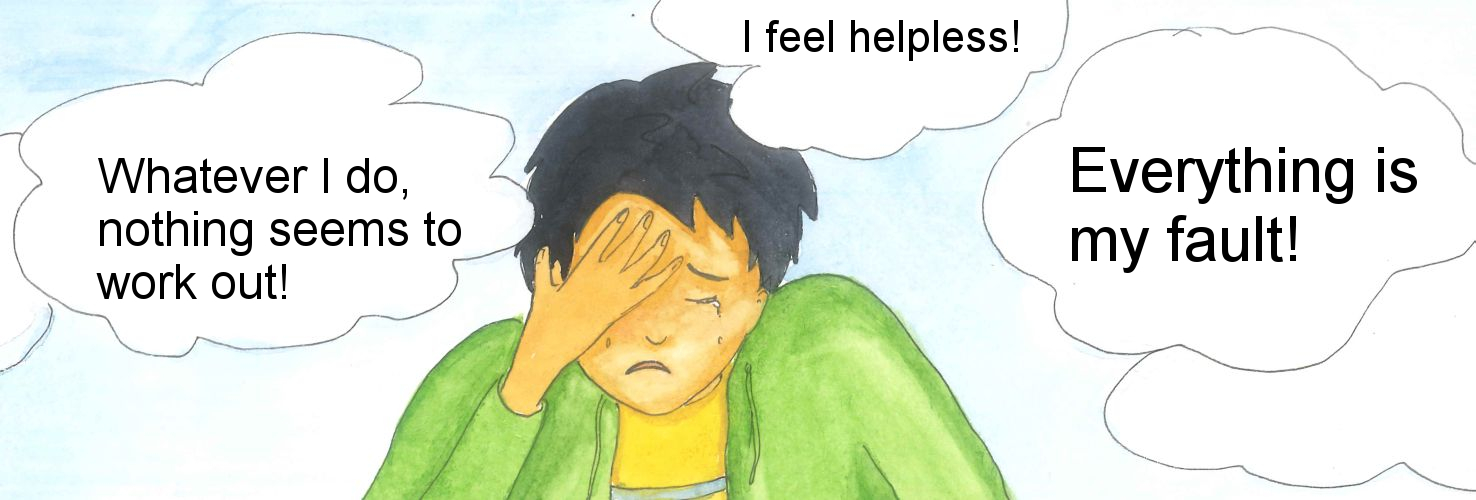A severe trauma or being prolonged or repeatedly exposed to traumatic events can have a wide range of effects on personality, identity, mood change, emotional regulation, and interpersonal relationships.
Emotional problems
- Having difficulty expressing and controlling emotions (e.g. anger outbursts) and to calm down when upset is very common.
- Try to calm yourself by doing a simple breathing exercise (counting to 3 while breathing in, counting to 5 while breathing out).
- Try to find helpful strategies to manage your emotions (sport, using a punching bag, yoga, etc.). Be creative.
- You can also try the reinterpret the triggering situation by asking yourself how someone else could see the situation and how they would resolve the situation differently.
Beliefs about oneself
- Feeling helpless and thinking that you have no control over what happens in your life is common.
- Feeling ashamed and guilty (even in situations for which you are not responsible), inferior to others, or worthless, is common.
- Try to talk to your friends and family about. Talking about it often feels liberating and thus helps.
- Try to think of positive examples in your life to correct these negatives beliefs. Write them down.
Relationships
- It’s common to have trust issues, which consequently can lead to have disturbed relationships to other people or cutting yourself off from others. Try to talk to your friends and family about it and let them know what you find difficult.
- It’s common to have difficulty to get in contact with other people or to avoid conflicts.
- To be more often vulnerable to abuse or exploitation does sometimes happen because of having difficulty setting boundaries. Try to watch out for such situations and seek help from adults if something like this happens to you.
- Try to pursue hobbies with others or to meet up with friends to stay socially involved.
- If you did get in contact with other people or when you managed to settle a conflict, reward yourself by e.g. going to the movies, meeting friends, etc.

